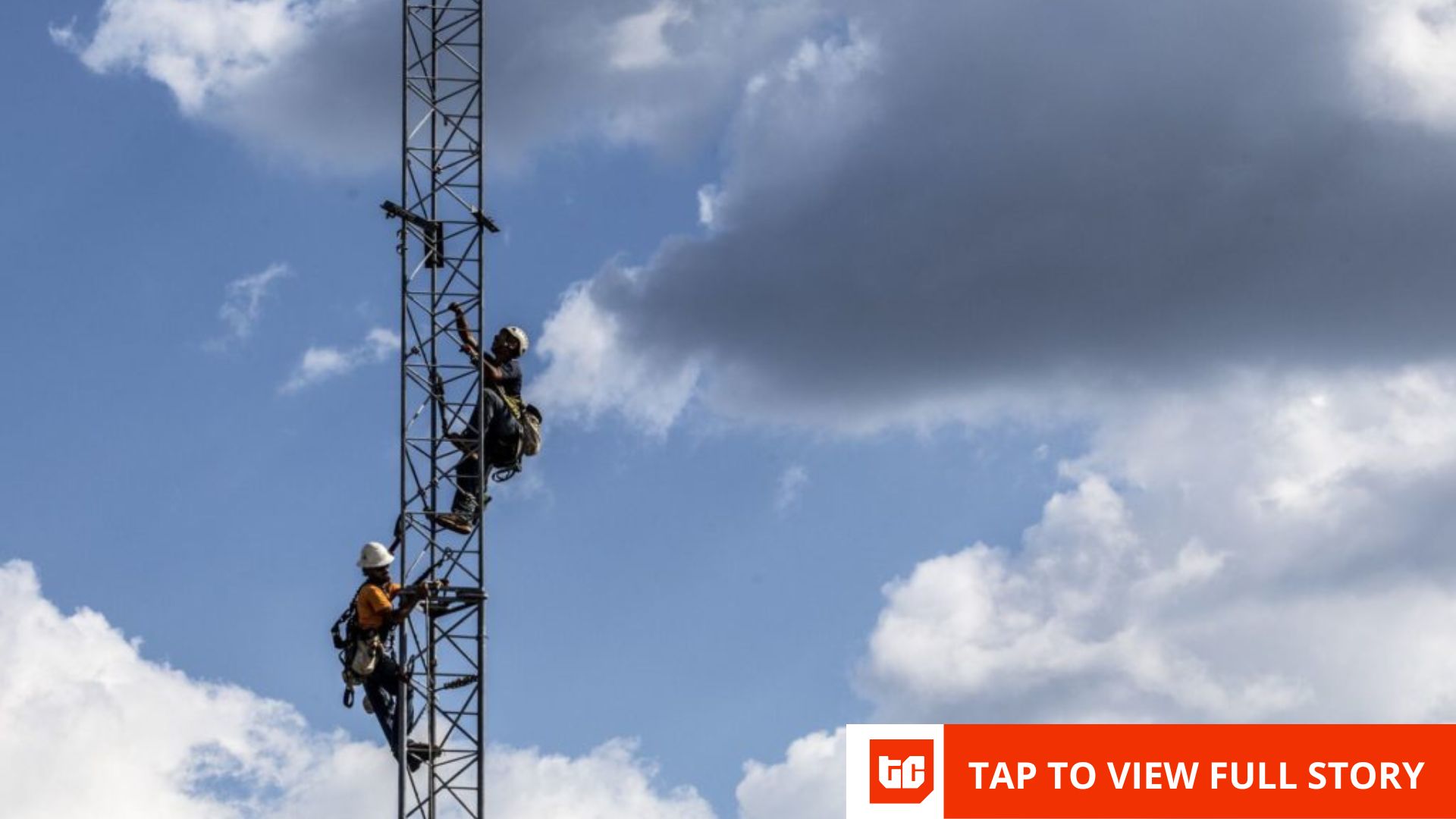IHS Towers’ market value has fallen by $6 billion since its NYSE debut in 2021

When IHS Towers launched as a public company on the New York Stock Exchange ($IHS) in 2021, it was valued at $7 billion, making it Africa’s most valuable technology company. But the company’s fortunes turned: losses increased twenty-fold to $470 million in 2022 and climbed again to $1.9 billion by 2023 as operating and financing costs soared.
Although a significant portion of these losses are unrealized and are due to the devaluation of the naira, nervous investors reacted negatively, causing the share price to crash and wiping out six billion dollars worth of market value.
$IHS closed at $2.98 (market value $992.5 million) on July 14, 2024, continuing a downward trend that began after listing at $21 per share in 2021. In 2023, its second full year on the NYSE, the stock price fell below $4.5.

IHS Towers did not respond to a request for comment.
The company’s appeal to investors depends on macroeconomic conditions in Nigeria, its main market. IHS Towers is Africa’s largest infrastructure company, with over 40,000 towers in ten countries and three regions. Nigeria, where its customers include MTN Nigeria – which owns a 26 percent stake in the tower company – and Airtel, accounts for half of its revenue.
Inflation in Nigeria is at an 18-year high and unstable foreign exchange rates have increased operating costs. IHS spent $88.8 million in the first quarter of 2024 to power its towers in all its markets; electricity is the company’s largest operating cost.
“Every base station in Nigeria is powered by diesel generators 24 hours a day,” said a telecommunications expert who wished to remain anonymous.
The average retail price of diesel in Nigeria increased from ₦840.81 per liter in March 2023 to ₦1,341.16 per liter in March 2024. According to a 2023 sustainability report, IHS began switching to solar and grid power, saving $20.2 million in electricity and maintenance costs.
“As of December 31, 2023, in our African markets (excluding South Africa), 48% of our sites were powered by hybrid power systems (a combination of diesel generators with solar and/or battery systems), 12% by generators only, and 32% by grid connection and backup generators,” the company said in a corporate statement.
Sam Darwish, the chairman and CEO, said at an annual general meeting in June 2024 that the company had achieved commercial growth following the renewal of contracts with MTN and Airtel.
“With the signing of the MTN Rwanda MLA, we have now completed all MTN lease renewals and extensions outside Nigeria, covering the five countries of Cameroon, Ivory Coast, Zambia, Rwanda and South Africa. In total, over 12,200 leases have been renewed or extended for the next decade,” said Darwish.
However, shareholders want more revenue growth and lower operating costs, which could point to another problem for IHS: many of its shareholders do not understand the complexity of the tower business.



